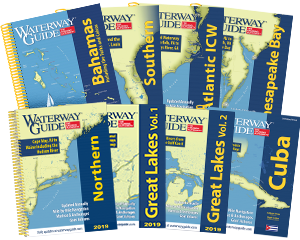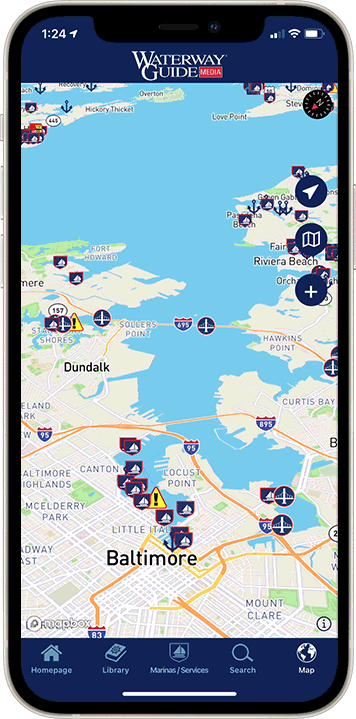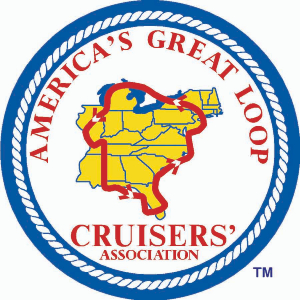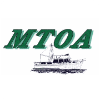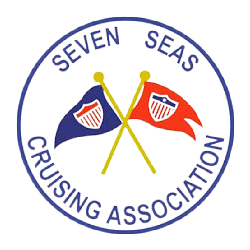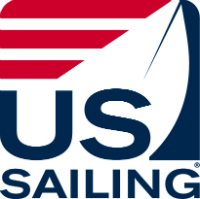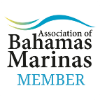Explore Our Latest News & Articles
 The House Natural Resources Subcommittee on Water, Wildlife and Fisheries Subcommittee recently held a legislative hearing on four key bills supported by the recreational boating industry, including H.R.8704 – a bill that would delay National Oceanic and Atmospheric Administration's (NOAA) proposed speed restrictions for boats 35-65 feet through 2030 and invest in technologies and efforts that reduce the risk of marine mammal vessel strikes.
The House Natural Resources Subcommittee on Water, Wildlife and Fisheries Subcommittee recently held a legislative hearing on four key bills supported by the recreational boating industry, including H.R.8704 – a bill that would delay National Oceanic and Atmospheric Administration's (NOAA) proposed speed restrictions for boats 35-65 feet through 2030 and invest in technologies and efforts that reduce the risk of marine mammal vessel strikes.
Much of the discussion during the hearing focused on the bill Representatives Buddy Carter (R– GA-01) and Mary Peltola (D-AK) introduced last week to prohibit NOAA from issuing a rule that modifies or replaces the current North Atlantic right whale vessel strike reduction rule until 2031. The bill also establishes a grant program for the National Fish and Wildlife Foundation (NFWF) to work with stakeholders, like the recreational boating industry, to research, test, and deploy marine technologies that reduce vessel strike risk.
Introducing the bill, Rep. Carter noted, "We care about the right whales, we need to protect the right whales, but we have to balance that with public safety…[T]echnology can play a key role in balancing the safety of both the right whale and boaters as well as our coastal economy. This bill will allow us to expand use of those solutions." Since the rule was proposed, NMMA has urged the administration to withdraw the rule and consider a technology-based approach to protecting marine mammals without putting boater safety at risk and devastating local economies.
Other bills considered at the hearing were:
- H.R. 6841 (Rep. Mike Levin D-CA-49), a bill that establishes a Coastal and Estuarine Resilience Program to conserve and restore coastal lands while ensuring access for recreational fishing;
- H.R. 7925 (Rep. D'Esposito R-NY-04), the Modernizing Access to Our Public Oceans Act, which would help standardize and digitize data relating to public access on federal waterways; and
- H.R. 8705 (Rep. Graves R-LA-06), the Fisheries Data Modernization and Accuracy Act of 2024, which would reform the marine recreational information program to modernize data and accuracy for recreational fisheries management.
Jeff Strong, President of Strong's Marine and Chairman of the MRAA Board of Directors testified before the committee on H.R. 7925 and highlighted, "[B]y digitizing this important information about these waterways, and fishing restrictions and regulations we are taking a critical step towards ensuring the safety and enjoyment of recreational boaters and anglers and the conservation of various sport-fish populations."
NMMA will continue closely monitoring the bills' progress through Congress and highlighting the industry's priorities. For more information, please contact NMMA vice president of government relations, Callie Hoyt at [email protected].


